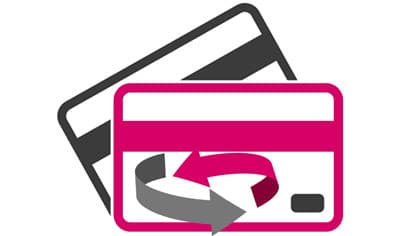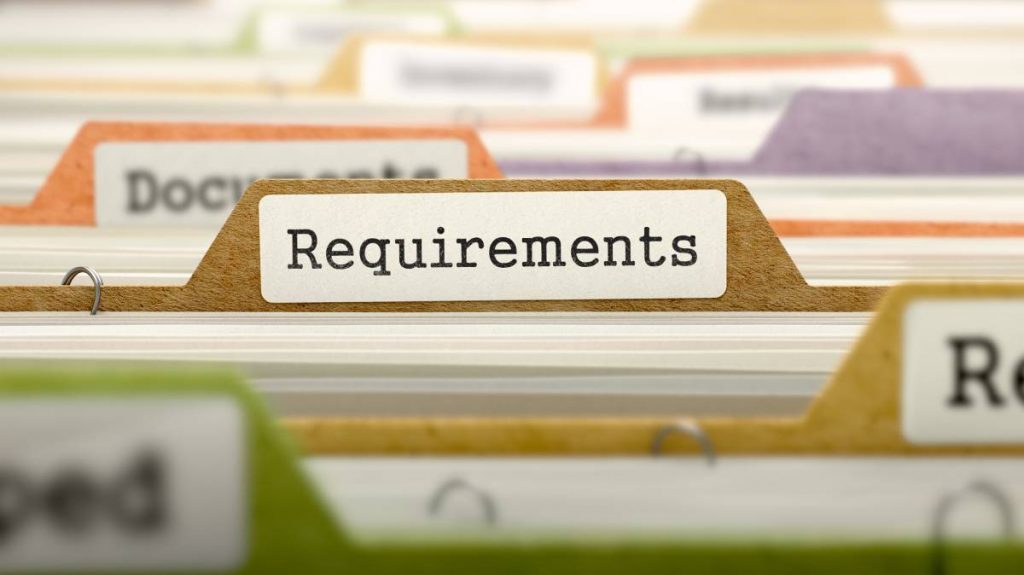Wire Recall

When we pay for goods and services, we usually often feel we can rely on credit cards, bank wire transfers, and other payment methods. However, when there is an error and a transaction needs to be canceled and reversed, the process with credit cards and banks is quite different. This is also true in cases of merchant disputes or when customers are trying to get their funds back from forex scams.
A wire recall must be executed within a limited time frame, whereas a customer may have a number of weeks to make a chargeback claim. Like chargebacks, the reasons provided by a customer are limited, and banks are not willing to cancel a transfer or honor a wire recall request without documentation or negotiation. This is where an effective fund recovery agency can come into play.
Chargebax has the expertise and the right strategies to make your wire recall claim successful. We negotiate with banks consult with clients and draw up intelligence reports that can be used to get your money back from a bank transfer.

